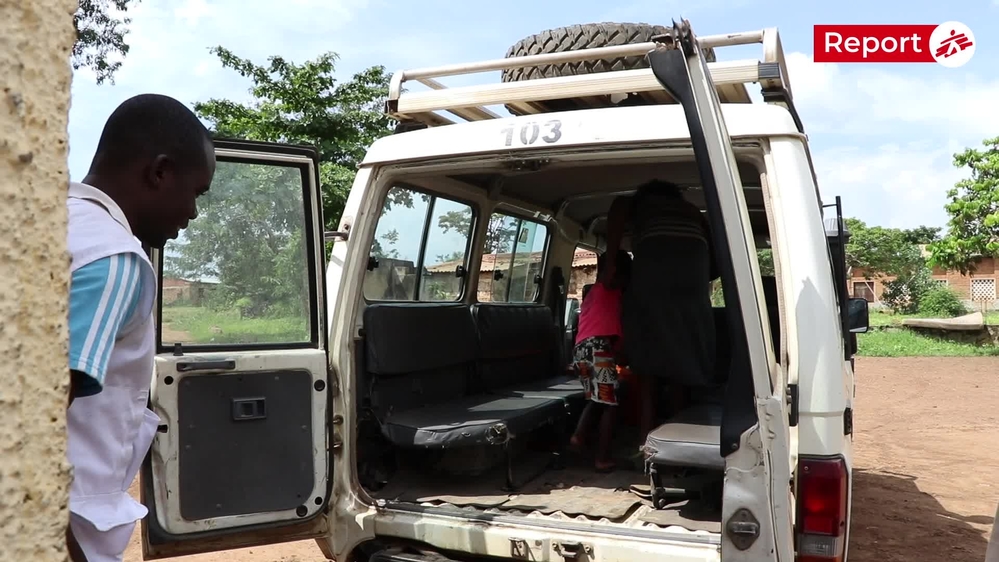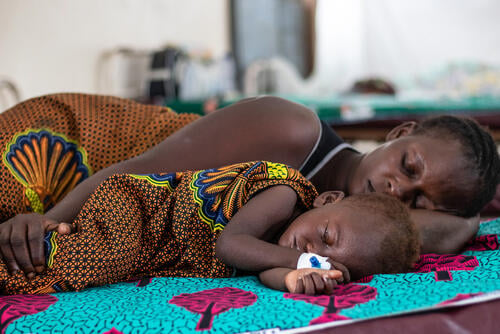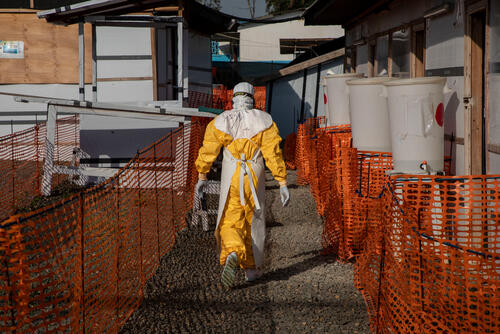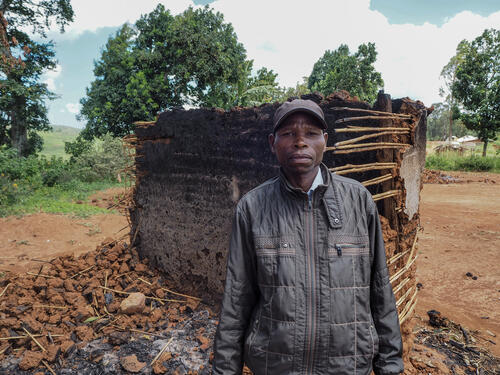Since mid-2018, a massive measles outbreak has been ravaging through the Democratic Republic of Congo (DRC). The outbreak has turned into the biggest measles outbreak of the past 10 years in DRC and the biggest currently active worldwide.
Over 310,000 people have been infected and more than 6,000 have died over the past year alone – three-quarters of those who have died are children. All 26 provinces of the country have been affected by the outbreak.
MSF teams are working in various areas of DRC to participate to the response; at different times over the past two years, they have been active in patient care, vaccination campaigns to prevent the spread of the disease, and surveillance activities to identify new areas of the epidemic and start the intervention as early as possible.
Our teams have set up dedicated facilities such as the laboratory opened at the end of 2019 in Lumbubashi, southeastern DRC, in order to ensure a faster, more effective turnaround of lab analyses.
During the last year in the current measles outbreak in DRC:
310,000
310,
6,000
6,
75 %
75%

Tackling the world's biggest measles outbreak: MSF responds in Kongo Central
An MSF team is currently working in the province of Kongo Central, one of the main hotspots of the epidemic today. Our response in this area began in December 2019 and has been targeting the health zones where the highest numbers of cases of measles have been reported.
The team is providing care for complicated cases in dedicated treatment centres, supporting local health centres to deal with non-complicated cases, contributing to surveillance and facilitating transfers of patients to health care facilities.
Some of the main challenges we face are the complications linked with associated diseases (such as malaria or malnutrition), which increase the risk of mortality, and gaining access to remote, hard-to-reach areas.






